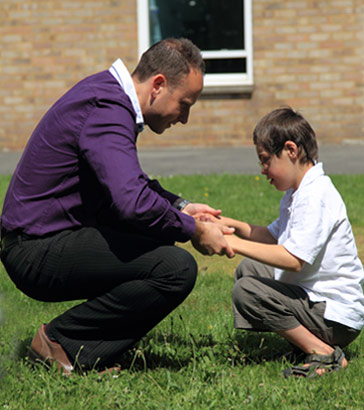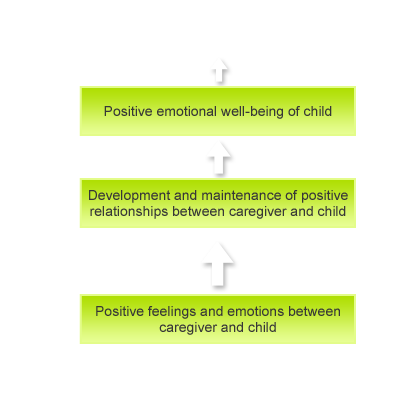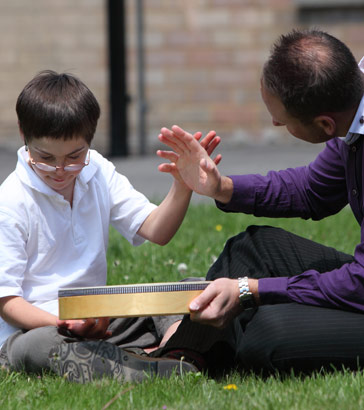The
importance of relationships

And did you get what you wanted from this life, even so? I did. And what did you want? To call myself beloved, to feel myself beloved on the earth.
Raymond Carver, Late Fragment
The role of feelings and emotions is quite difficult to define. What we can say, however, is that:
- Everyone has them.
- They are the essence of living.
Emotions, relationships
and emotional well-being

Developing and maintaining positive relationships is fundamental to the emotional well-being of children with complex needs.
Feelings and emotions are the building blocks of the positive relationships through which we can support and improve the quality of life for children with complex needs.
Forming relationships

- Forming relationships is a core process in all children's development.
- The emotional bonds that infants develop with their parents and other key caregivers are essential for their future development.
- Each child will form individual relationships with the different people who care for them.
- For children with complex needs these relationships are central to their behaviour and emotional well-being.